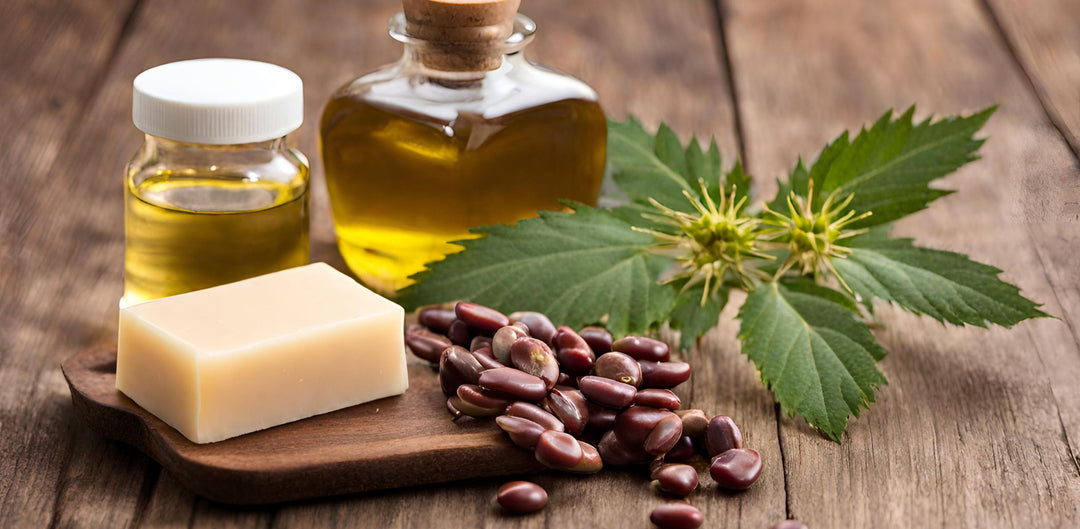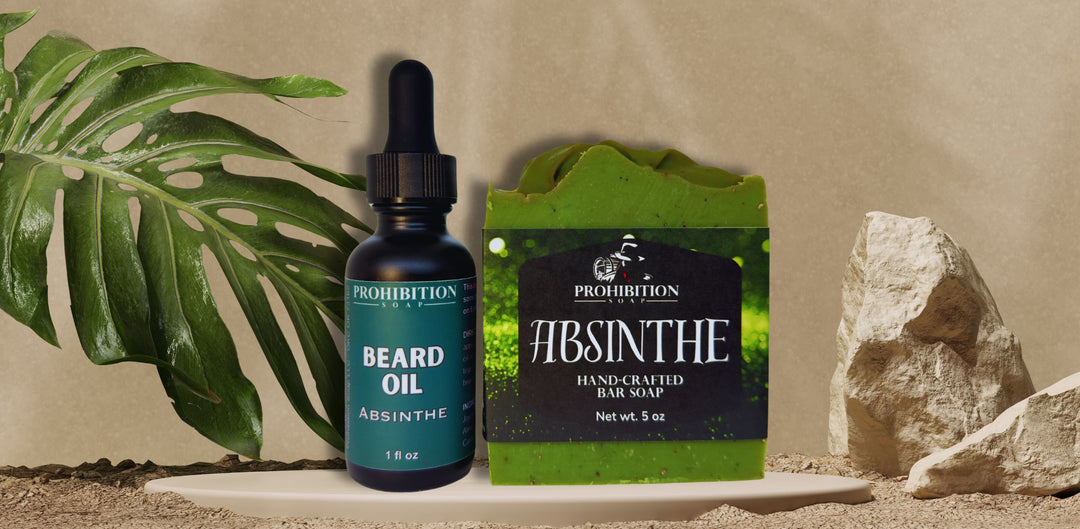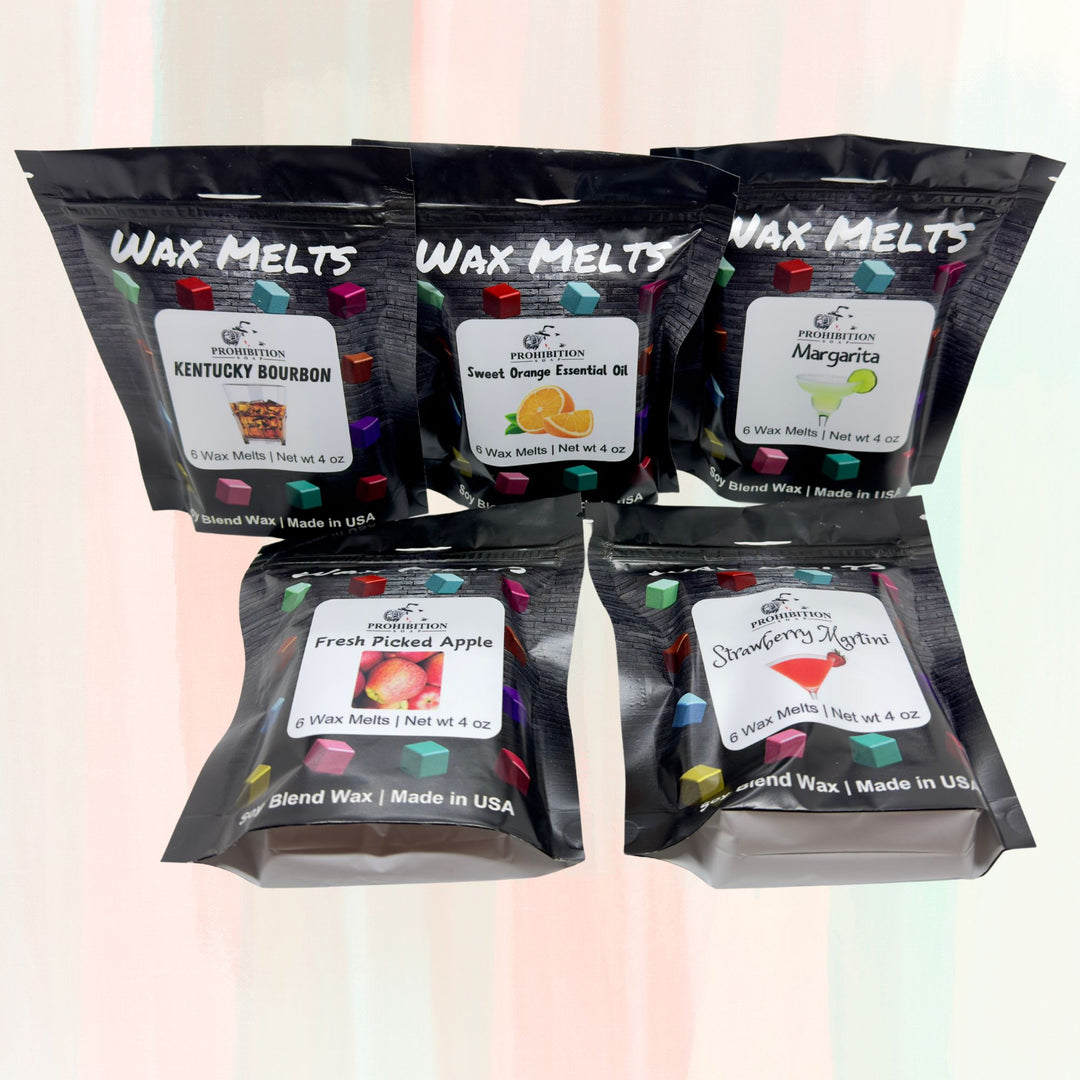Why Handmade Soap Is More Fun and Better Than Commercial Soap
Soap has been a part of human civilization since 2800 BC. Historians discovered a soap factory while investigating the ruins of Pompeii, and frontier women were reported to have made their soaps using animal fats. Affordable, mass-produced soap only became available in the 1800s during the industrial revolution.
Fast forward to current times, and natural handmade soap has been making a steady comeback as more people become aware of the ingredients in the products they consume. Organic handmade soap is not only a personal hygiene product but an avenue for the masses to return to the basics and a “natural cure” for modern health issues.
But with all the buzz surrounding the natural soap versus commercial soap debate, you might be wondering what sets organic soap apart from its mass-produced counterpart. After all, soap is soap, right? Here are some reasons why you might want to ditch your big box store soap for a handmade brand.
1. Natural Ingredients
Visit the personal hygiene aisle of your favorite supermarket or drugstore, and chances are you will be greeted with an assortment of deodorant soaps, body washes, beauty soaps, cleansing bars and skincare bars. Despite the meticulous naming, all these are essentially detergents in disguise.
Unfortunately, most (if not all) commercially manufactured soaps are cocktails of synthetic ingredients that do more harm than good to your skin and the environment. Synthetic ingredients such as alcohols, fragrances, parabens, lathering agents and SLES (Sodium Laureth Sulphate) may irritate the skin, eyes and respiratory system.
In comparison, artisan soap manufacturers make their soaps using sustainable, cruelty-free methods, and more importantly, natural ingredients that offer real benefits to your skin. For instance, natural oils such as palm oil, olive oil, castor oil and coconut oil are staples of natural soaps and part of the reason why they are gentle on the skin. If for no other reason, choose natural soaps for their potential to leave your skin feeling clean, soft and healthy.

(Image Credit: International Open Academy)
2. Glycerin
Glycerin – a byproduct of the saponification process – is an essential ingredient in natural soaps and another reason why commercial soaps offer far less value than what big brands want you to believe. Glycerin naturally moisturizes the skin by acting as an emollient, i.e., it locks in moisture, leaving your skin supple long after a shower and attracts more moisture from the air throughout the day.
To increase their profit margins, most mass manufacturers extract glycerin from their soaps and add it to other products (primarily creams and lotions) as a key ingredient. Glycerin-deprived soaps tend to be harsh on the skin, causing it to feel dry and itchy after each subsequent use. Soaps that strip moisture from the skin are bad for all skin types but particularly harmful for anyone with dry skin or conditions such as eczema and acne.
Organic handmade soap producers make their soaps using one of two “old-fashioned” processes:
- The cold process
- The hot process
Either way, they strive to retain all the nourishing ingredients (glycerin included) to ensure your skin stays moisturized. Glycerin mixed with natural butters, oils and other nourishing elements gives natural soaps the ability to heal and protect your skin while providing antioxidants, nutrients and vitamins that contribute to radiantly healthy skin.
3. Beauty and Artistry
Although natural handmade soap is not a novel product, what makes it unique is the fact that its manufacturers are typically artisans who design and produce soaps in small batches with a lot of love and effort. Natural soapmaking is as much a business as it is an art that takes years to perfect.
Each bar produced by an artisan is unique, beautiful and designed to benefit you, the consumer. The wide assortment of ingredients available for natural soap producers means there are endless options to meet your unique skin type and preferences in color, scent and texture.
Unlike commercial soaps made by companies that seek huge profits at the expense of their customers’ personal skin needs, natural soap producers can produce custom bars that meet your specific needs. Additionally, buying organic soap means you are more than likely supporting several small businesses within your community.

(Image Credit: KathleenJ)
4. Lower Environmental Impact
Is it not strange how a product designed to clean your body does the exact opposite for the environment? As you take a shower with a commercial soap, you coat your skin with synthetic ingredients that do not disintegrate naturally and wash them down the drain into a water treatment facility or septic field once you are done.
Multiply this process millions of times each day, and it becomes apparent how we unconsciously contribute to the accumulation of toxic chemicals in our water systems and ecosystems. These toxic chemicals, along with the plastic bottles, wraps and pumps disposed of every day, affect wildlife from natural foliage to land animals, fish and birds.
Many natural soap producers understand the potential impact of their actions on the world around them and strive to make a positive difference. Ergo, everything from the ingredients in their soaps to packaging and shipping materials is made with an eco-friendly mindset. Moreover, natural soaps are less bulkier than some commercial soaps, e.g., liquid body washes, further reducing their carbon footprint.
5. Aromatherapy
Scented natural soaps contain pure essential oils that provide real aromatherapy, and the benefits go beyond scent. Studies have proven that inhaling the sweet scent produced by essential oils can naturally relieve anxiety, stress and induce sleep.
On the other hand, commercial soaps use fragrance oils that manufacturers create artificially or extract from natural components. While they may mimic the scent of a fruit, herb or flower, they provide no aromatherapeutic benefits. Furthermore, the term “fragrance” could indicate tens or hundreds of different components that a company does not have to disclose since the authorities consider it a trade secret.

(Image Credit: Nature’s Sunshine Blog)
Takeaway
Natural soaps are worlds apart from commercial soaps, from their composition to their skin rejuvenation properties and environmental impact. Our ancestors enjoyed the health benefits of natural soaps, and so should we. Consider investing in a bar of natural soap to clean yourself, maintain healthy skin, indulge in aromatherapy and play an active role in undoing years of environmental damage.









Hello Ray! I completely agree with your conclusion on the topic, handmade soap not only contributes to rejuvenating the health and skin but equally help in maintaining the environmental damage.
Else the points you have listed are great information to read.
Leave a comment